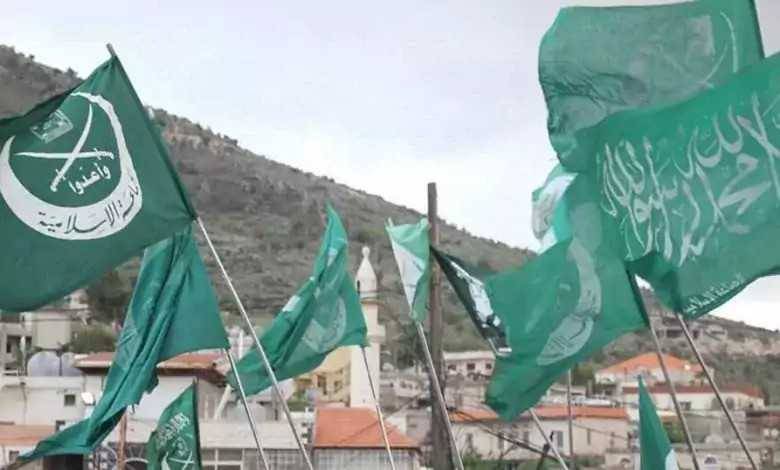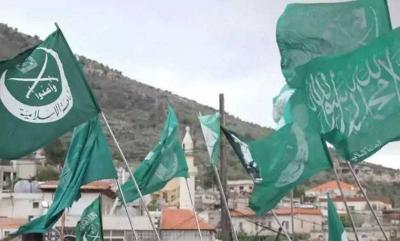The revival of the Dawn Forces, which emerged from the Islamic Group and was active during the Israeli occupation of southern Lebanon in the 1980s, was not coincidental. This force had subsequently faded almost completely. After the recent election of Muhammad Taqoush as Secretary-General of the Islamic Group in Lebanon, succeeding Azza al-Ayoubi, he did not conceal his leanings towards Hezbollah and his alignment with it in many issues, particularly in resisting Israel. He pointed to differentiation in other files, while affirming his trust in Hamas, despite the group's particularity and independence from the movement, as reported by "Al-Liwaa".
The "Flood of Al-Aqsa" operation launched by Hamas against the Israeli occupation forces, along with Hezbollah's initiative to support it and open a southern front, created an opportunity for both the party and the group to develop their relationship and benefit from each other. Hezbollah sought to reestablish the group as a Sunni resistance movement alongside it, elevating its image to the forefront of the front, with all necessary military and positioning support, to portray the existence of a Sunni cover alongside it in its engagements with Israel, especially in predominantly Sunni areas in Arqoub. This initiative came in light of the observed rejection and opposition from the majority of essential Lebanese components, including Sunnis, Christians, and Druze, regarding the opening of a southern front based on a self-initiated decision, aside from a few limited influential forces.
Conversely, the Secretary-General of the Islamic Group found it an opportune moment to benefit from joining the confrontation alongside Hezbollah to achieve his ambitions of enlarging the group's role both locally and regionally. This would demonstrate the group's support for Hamas in the Gaza battle, while also attempting to attract the mostly sympathetic Sunni street toward the movement. There is hope that the group can capture a portion of this fragmented street due to the absence of significant Sunni leaderships since President Saad Hariri suspended his political work two years ago.
Hezbollah aimed to color the resistance with a Sunni faction alongside it and leverage this reality against opposing Sunni components domestically to ignite the southern front and send an indirect message to the Arab nations, particularly those in the Gulf, who oppose this initiative. While seizing the opportunity of a funeral for its martyrs in Beirut and Akkar to showcase its strength and new presence with illegal weaponry, the group emulated Hamas in its presentation, aiming to provide the public with an impression of a different role than before.
Despite this limited sympathy based on solidarity with the Palestinian people in resisting the Israeli enemy in Gaza, the group overlooked that this scene does not meet satisfaction among the Sunni community in particular and the Lebanese community in general, owing to the commitment to state authority and legality, and the rejection of the dominance of illegal weapons. It also neglected that its alliance with Hezbollah, which is condemned for the assassination of the Sunni leader in Lebanon Rafik Hariri and its dominance over the state project in Lebanon with allegiance to Iran, will lead to its aversion and increase its distance from the people. Some fear that this alliance with the party might result in the group evolving into an armed partisan organization tasked with certain missions against the party's political rivals once the conflict concludes, as suggested by "Al-Liwaa."




